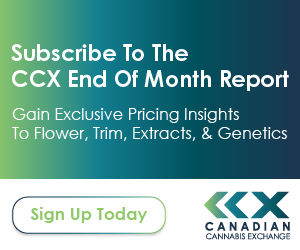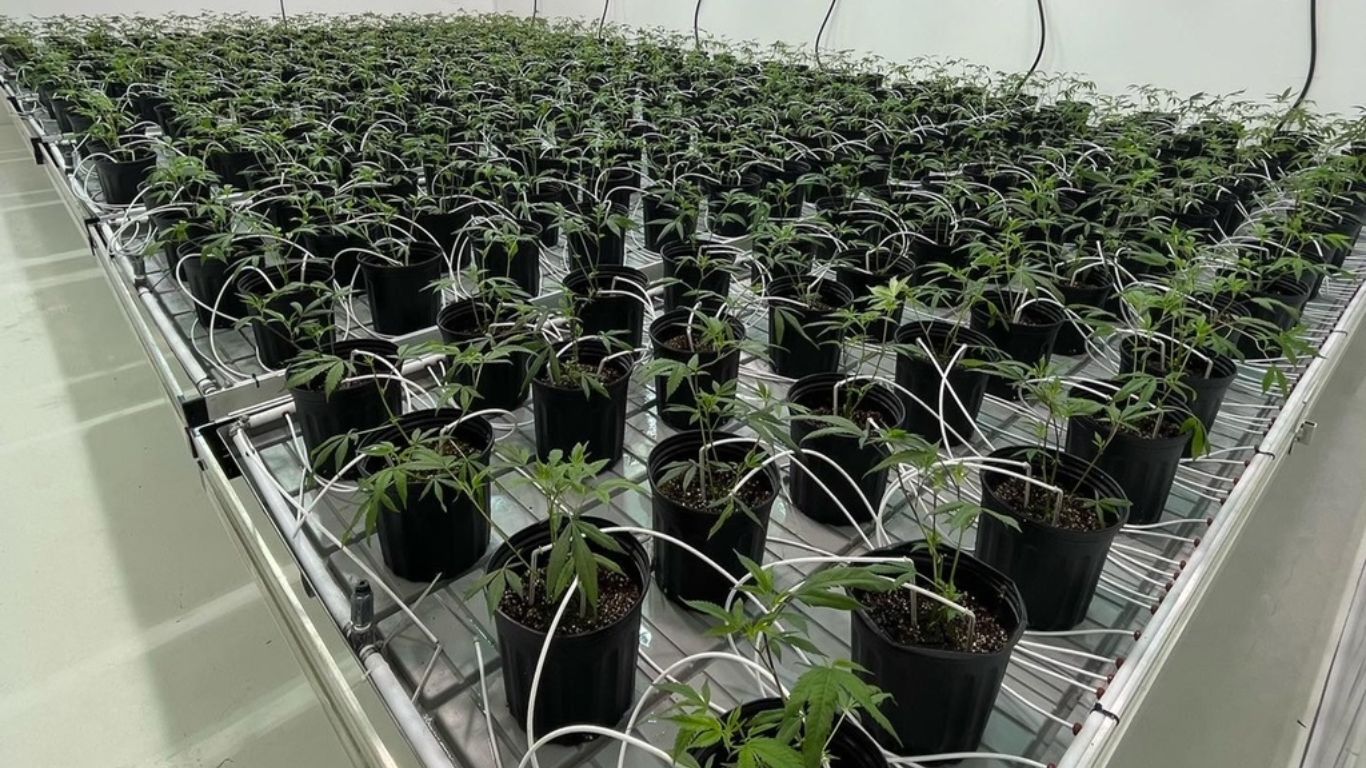
Health Canada is launching a new data-gathering program on cannabis markets in Canada that will include sampling and testing of both legal and illegal products currently in the market.
The federal agency says the new cannabis data-gathering program will allow it to “proactively collect information on the legal and illicit cannabis markets in Canada,” focusing on providing Canadians with more accurate info about cannabis health and safety risks.
The federal government has gathered data on the legal and illegal cannabis markets for several years. This approach represents a new step towards more proactive data gathering on products in the market, both licit and illicit.
As part of the program, Health Canada’s Regulatory Operations and Enforcement Branch (ROEB) Cannabis Laboratory will randomly purchase cannabis products from authorized retailers in Canada. It will also work with various law enforcement agencies to test samples of illicit cannabis products.
The lab will test for THC and CBD levels, “specific analytes of interest,” and chemical or microbiological contaminants such as pesticides, moulds, etc.
The agency will then publish reports on their findings, removing any references to product, brand or license holder names. However, if the program identifies deficiencies with any legal products they analyze, they will “take appropriate compliance and enforcement actions to mitigate health and safety risks if necessary.”
Health Canada says the program will also support their “efforts to ensure that legal cannabis products available on the Canadian market meet the requirements set out in the act and the regulations.”
Health Canada has also begun work on guidance for licensees on cannabis products containing intoxicating cannabinoids other than delta-9-THC, and a consumer information sheet on intoxicating cannabinoids other than delta-9-THC.
Several provinces have released testing results of illicit products shared via law enforcement actions. In 2022, Ontario shared a study that showed illicit edibles have significantly less THC than advertised and high levels of pesticides. New Brunswick and British Columbia have also released similar testing results from illicit products.
The industry has also been calling on greater oversight of THC levels.
The C-45 Quality Association, an industry group representing quality assurance professionals and others working in the cannabis industry in Canada, said the announcement is a welcome one.
“The C-45 Quality Association welcomes Health Canada’s new initiate to illuminate the cannabis industry through its new Cannabis Data Gathering Program,” said Tom Ulanowski, Board Chair for C-45. “This proactive approach will improve transparency in product composition for both legal and illicit cannabis products, assuring Canadians of the quality-controlled supply of cannabis in the regulated market. The accountability this program instils will reinforce trust in the Canadian legal cannabis industry, while the insights gathered will help us better understand and address any potential health and safety risks associated with cannabis consumption, particularly when it comes to illicit cannabis products. This is a substantial step towards a more informed and responsible cannabis marketplace in Canada.”












